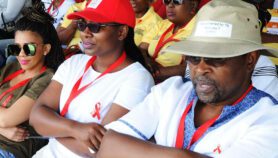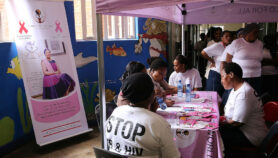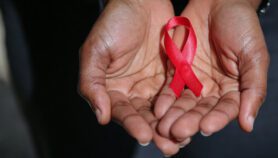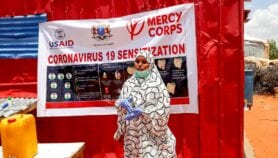Send to a friend
The details you provide on this page will not be used to send unsolicited email, and will not be sold to a 3rd party. See privacy policy.
The 2004 Copenhagen Consensus was set up by the Danish Environmental Assessment Institute to identify priorities for global action on health, poverty and the environment. It selected HIV/AIDS and malaria policies as the best investments from a choice of 32, and considered measured proposed to address climate change as a ‘bad investments’.
But, argues Jeffrey D. Sachs in this article in Nature, the Copenhagen Consensus was flawed. Natural scientists and public health specialists were absent from the panel, which was composed of prominent economists, he says. And the amount of money under discussion — US$50 billion over five years — is a fraction of the US$210 billion per year adopted as a target for development aid at the 2002 International Conference for Development Assistance.
Bridges must be built between scientists and policy makers if we are to address global problems of health, poverty, hunger and the environment, says Sachs. And attempts to reach a consensus for action need to be given more time to consider evidence, allow wider consultation, and undergo greater scrutiny before findings are made public.
Link to full article in Nature
Reference: Nature 430, 725 (2004)













